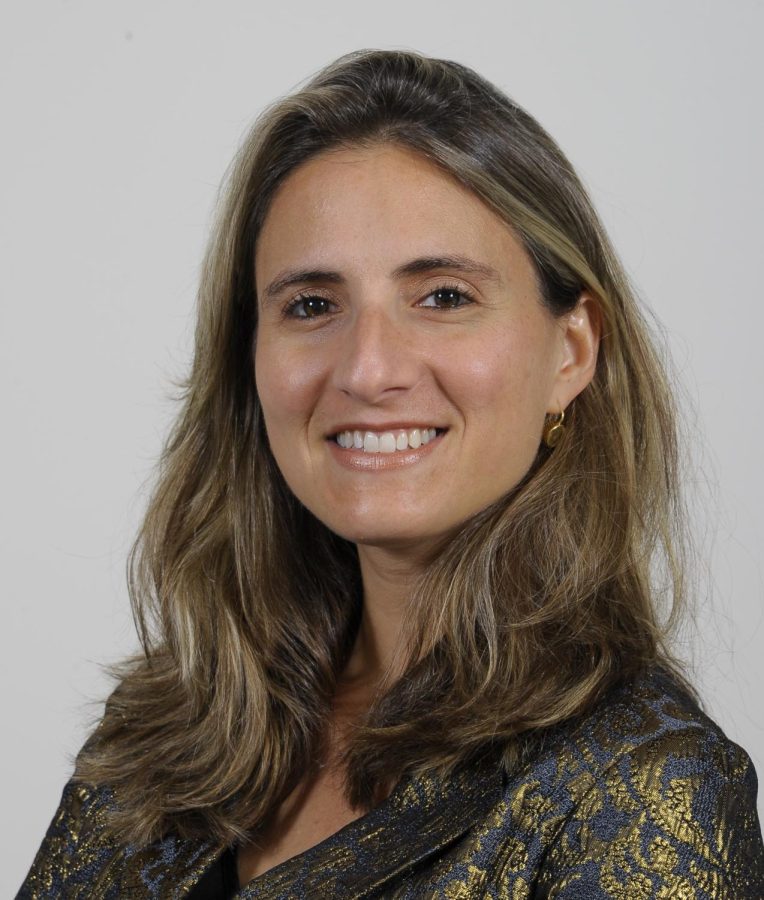On December 19th, Professor Eva Subotnik addressed the Nassau County Bar Association’s Intellectual Property Law Committee in Mineola.
Invited by the Committee Chair, Adjunct Professor Sara Dorchak, who teaches the Drafting: Trademark Prosecution course at the Law School, Professor Subotnik presented her paper, Copyright’s Capacity Gap (forthcoming in the U.C. Davis Law Review), which is co-authored with Professor Andrew Gilden. Here is an abstract of the article:
Most areas of law require that individuals meet a certain threshold of capacity before their decisions — e.g., to marry, to enter into a contract, or to execute an estate plan — are given legal effect. Copyright law, by contrast, gives legal effect to creative decisions by granting the decisionmaker many decades of exclusive rights so long as they are a human being and have demonstrated a “creative spark.” This article examines the overlooked consequences of this gap in capacity standards between copyright and other areas of law. It shows that this gap has produced numerous opportunities for vulnerable creators to be exploited by more powerful individuals — often individuals who have been entrusted with their care. These creators can produce valuable property interests through the copyright system, but they may lack the legal ability to make decisions about whether, when, where, and how to commercially exploit those interests. Copyright law expresses the key message that creative labor by legally incapacitated individuals is important and valuable, but it largely leaves these individuals at the mercy of a legal system that is often highly dismissive of their dignity and autonomy. This article surveys contemporary and historical examples of copyright’s capacity gap, and it examines potential ways of closing this gap for the benefit of vulnerable creators.

